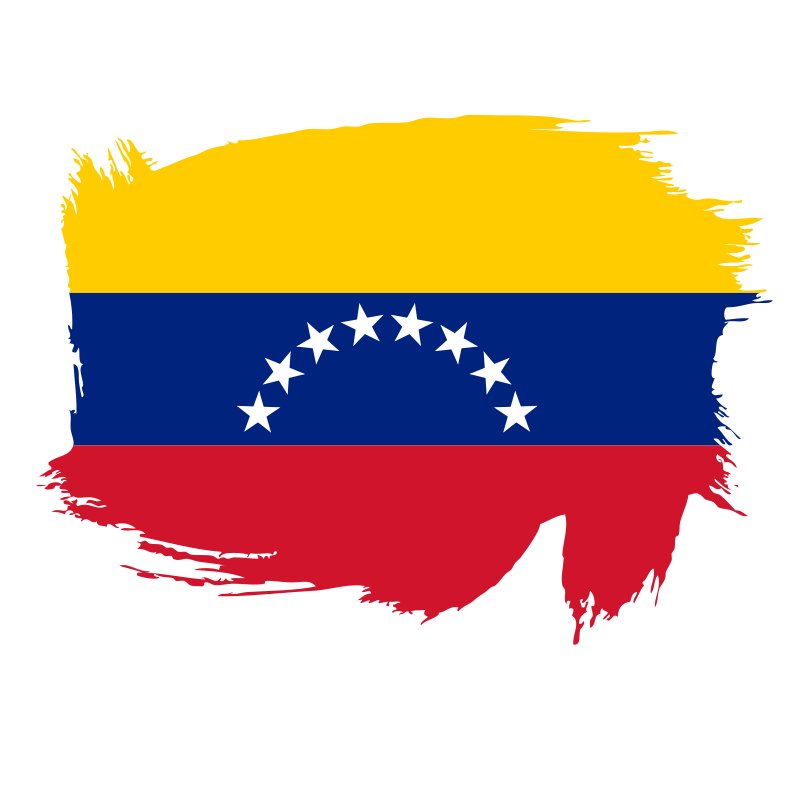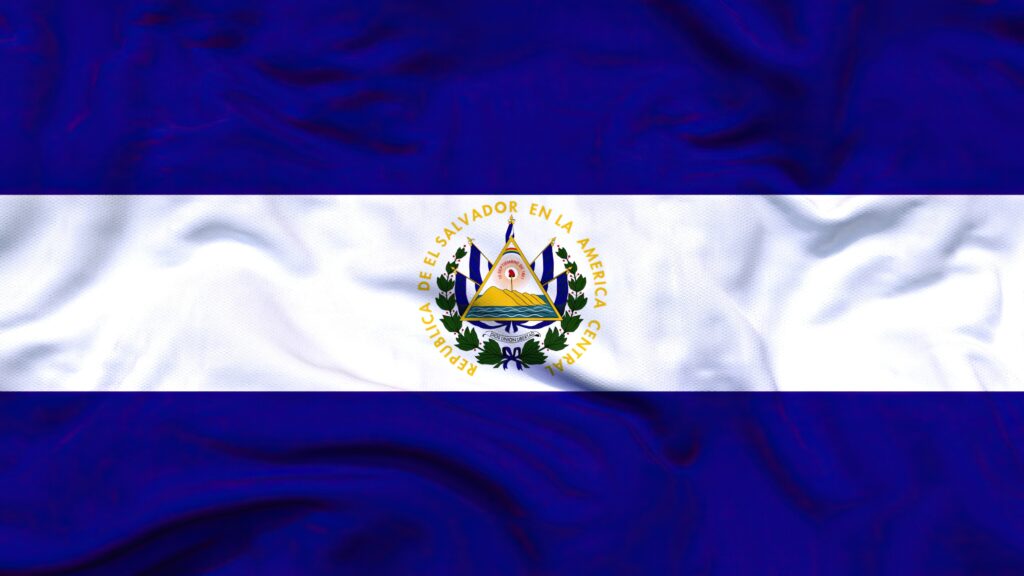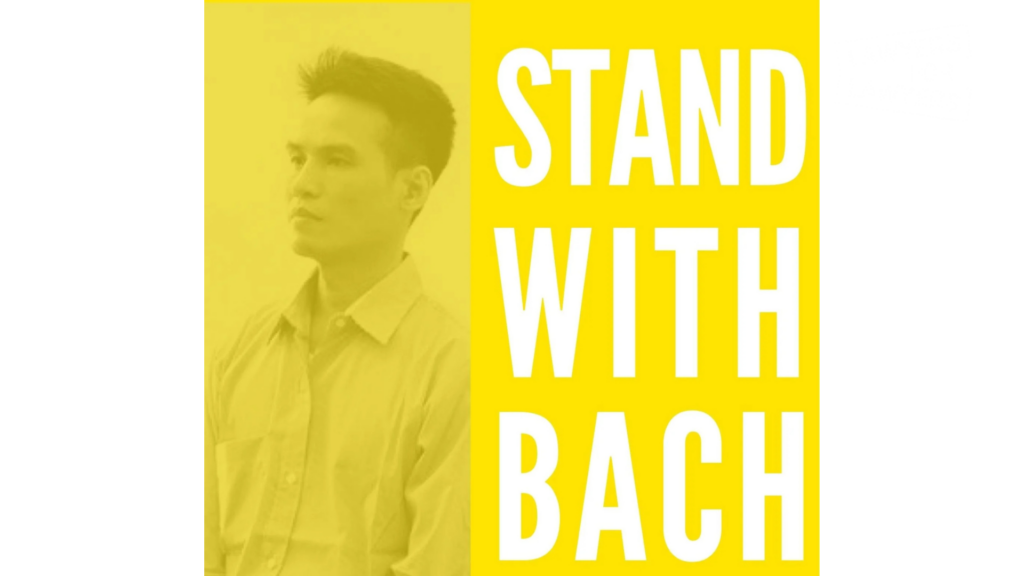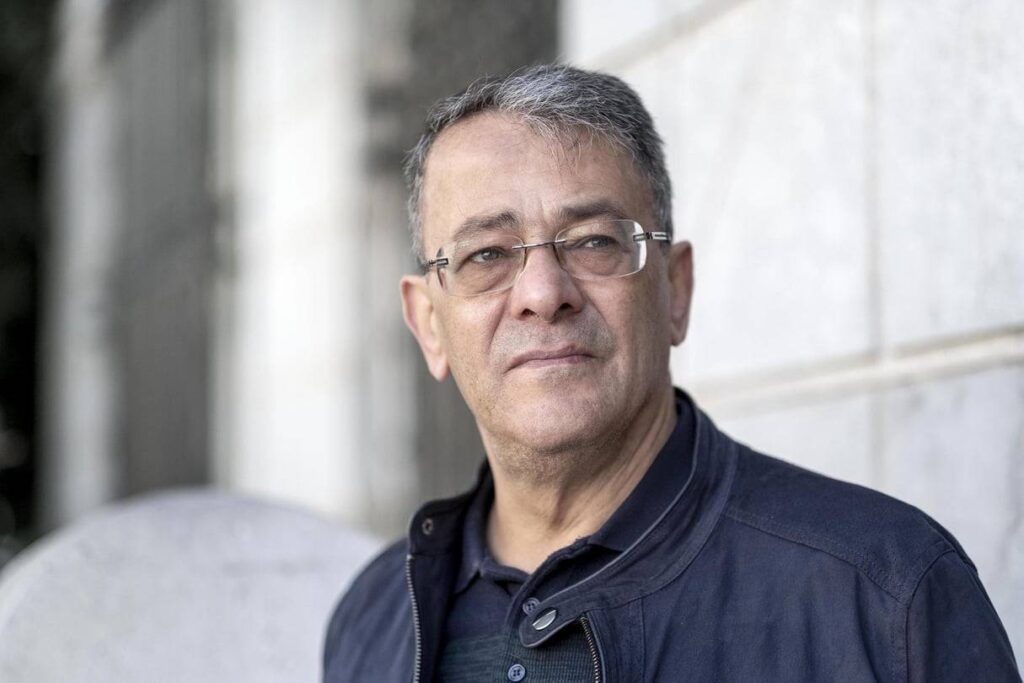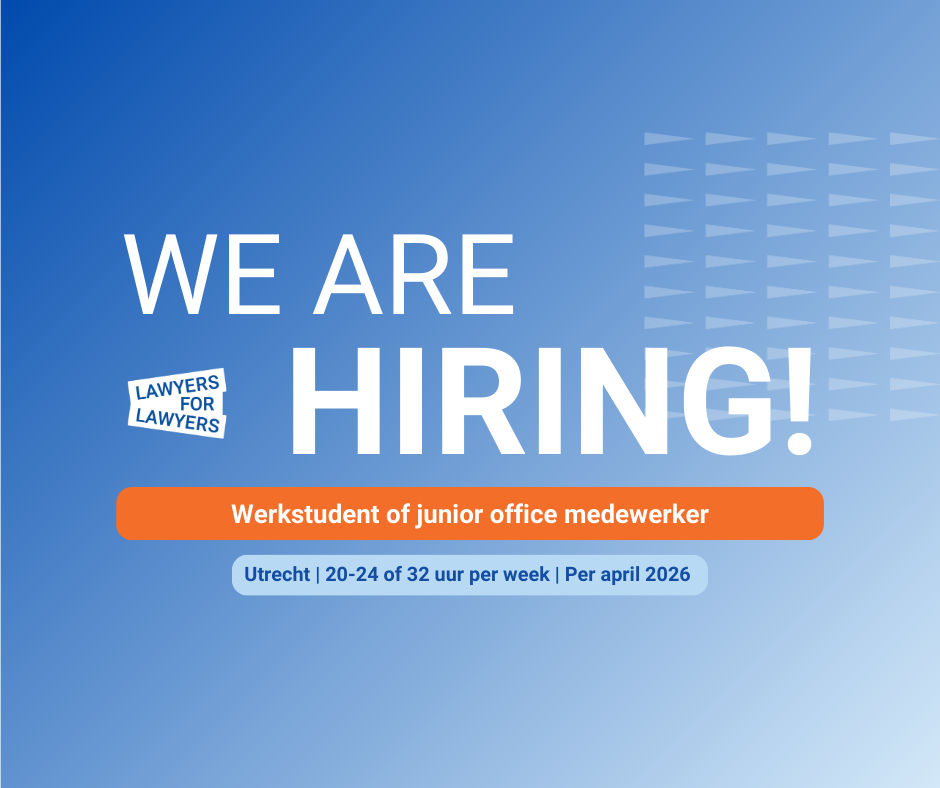Following the contested Venezuelan election, of which President Nicolás Maduro has claimed victory, there has been a widespread pattern of mass arrests across the country. Lawyers from Foro Penal, a foundation dedicated to the defence of human rights, have been offering pro bono legal counsel to many of the arrested protesters. However, they have been systematically denied access to their clients and corresponding case files, rendering it nearly impossible for them to carry out their professional duties.
Foro Penal’s team, consisting of over 300 lawyers and 6,000 volunteers and activists, operates throughout Venezuela, providing pro bono legal assistance to individuals who have been arbitrarily detained. Their mission is to promote respect for human rights and to offer support to victims and their families. Since the protests erupted in Venezuela, at least 1814 individuals have been detained, including at least 114 children, for allegations of ‘terrorism’ or ‘incitement to hatred’, when exercising their rights to freedom of expression, and of assembly and association. Despite their efforts to assist those unjustly detained, Foro Penal lawyers are systematically barred from carrying out their legitimate professional functions of representing their clients and providing legal advice.
Lawyers from Foro Penal have reported a widespread and systematic denial of the right to a fair trial and to an effective defence during criminal proceedings. These lawyers have expressed that they are denied access to their clients in detention for weeks, who are kept incommunicado, as well as to their case files. In addition, detainees have been denied the right to access legal counsel of their own choosing, even when expressly requesting to do so. In these cases, the signed powers of attorney submitted by Foro Penal lawyers are routinely disregarded by State authorities, who instead impose specific lawyers on the detainees. State-appointed lawyers often fail to provide effective and independent legal representation, with numerous reports indicating that presentation hearings proceed without any substantive defence being offered.
Lawyers also expressed that their attempts to perform their professional duties may lead to arbitrary detention and criminal prosecution. Disturbingly, on 2 August 2024, 24-year-old Foro Penal lawyer Kennedy Tejeda was last seen at the Comando Rural de Montalbán detention centre in Carabobo, where he was arrested as he sought to assist his clients with pro bono legal advice. In the first 20 hours following his arrest, Kennedy’s whereabouts were unknown. Allegedly, an official in Montalbán informed Kennedy’s mother of his arrest and transfer to the General Directorate of Military Counterintelligence in Valencia, Carabobo. No reasons were given for his detention, although sources claim he is accused of “terrorism” and “hate speech.” Kennedy has more recently been transferred, together with other political prisoners, to the Tocorón penitentiary in the Aragua State (hours away from his home). He continues to be held incommunicado, without access to a lawyer or his family.
Similarly, Tejeda’s coordinator, Mayela Fonseca, reportedly was threatened, faced an arrest order in relation to Tejeda’s case and was compelled to forcibly leave the country. Numerous other human rights lawyers have also been forced to flee or stop their work amidst these mass arrests. However, on 15 August 2024, the Inter-American Commission of Human Rights reported that at least 36 human rights defenders have had their passports cancelled by Venezuelan authorities without any substantial reason, precluding the enjoyment of their freedom of movement and any attempt to leave Venezuelan territory.
Additionally, on the same day, the National Assembly approved the ‘Ley de Fiscalización, Regularización, Actuación y Financiamiento de las Organizaciones No Gubernamentales y Organizaciones Sociales Sin Fines de Lucro’ (Law on Supervision, Regularization, Operations, and Financing of Non-Governmental Organizations and Non-Profit Social Organizations) under which the State has control over the financing and operation of NGOs, and which requires all organisations to register and submit information to the executive branch. This law also uses ambiguous language for establishing offences and grounds for registration cancellations.3 This is particularly concerning for organisations providing pro bono legal aid on sensitive or political cases which may face difficulties accessing funding and licensing. This also limits their ability to defend those seen as in opposition with the executive and the security provided by such organisations.
These severe restrictions on the right to defence underscore the profound challenges faced by legal professionals in Venezuela. The situation highlights the urgent need to uphold the right to a fair trial under Article 14 of the International Covenant on Civil and Political Rights (‘ICCPR’), and the principles enshrined in the United Nations Basic Principles on the Role of Lawyers (‘UN Basic Principles’).
Lawyers for Lawyers hereby draws attention to Article 14, Subparagraph 3(b) of the ICCPR, under which accused persons must be afforded adequate time and facilities to prepare their defence and to communicate with counsel of their own choosing. This is a fundamental aspect of the right to a fair trial and an application of the principle of equality of arms.
Lawyers for Lawyers further wishes to emphasise the UN Basic Principles, in particular Principles 16, 21, and 23, which read:
16. Governments shall ensure that lawyers (a) are able to perform all of their professional functions without intimidation, hindrance, harassment or improper interference; (b) are able to travel and to consult with their clients freely both within their own country and abroad; and and (c) shall not suffer, or be threatened with, prosecution or administrative, economic or other sanctions for any action taken in accordance with recognized professional duties, standards and ethics.
21. It is the duty of the competent authorities to guarantee lawyers’ access to appropriate information, files, and documents under their control in sufficient time to enable effective legal assistance to their clients. Such access should be provided at the earliest appropriate opportunity.
23. Lawyers like other citizens are entitled to freedom of expression, belief, association and assembly. In particular, they shall have the right to take part in public discussion of matters concerning the law, the administration of justice and the promotion and protection of human rights and to join or form local, national or international organizations and attend their meetings, without suffering professional restrictions by reason of their lawful action or their membership in a lawful organization. (…)
Lawyers for Lawyers calls upon the Venezuelan authorities to urgently:
- Take effective measures to safeguard the right to a fair trial and to an effective defence, including (i) ensuring lawyers access to their clients and their case files; and (ii) guaranteeing detainees access to a lawyer of their own choosing.
- Guarantee the right to freedom of movement of lawyers, and immediately cease and repeal all cancellations of their passports.
- Cease all acts of intimidation and harassment of lawyers, including arbitrary arrest and detention, and ensure that all lawyers can practice their profession without undue interference and in a free and enabling environment, in compliance with international standards on the independence of the legal profession.
- Amend and repeal all legislation that interferes with the legitimate exercise of the legal profession, to bring it in line with international human rights standards.
Download the PDF here.
